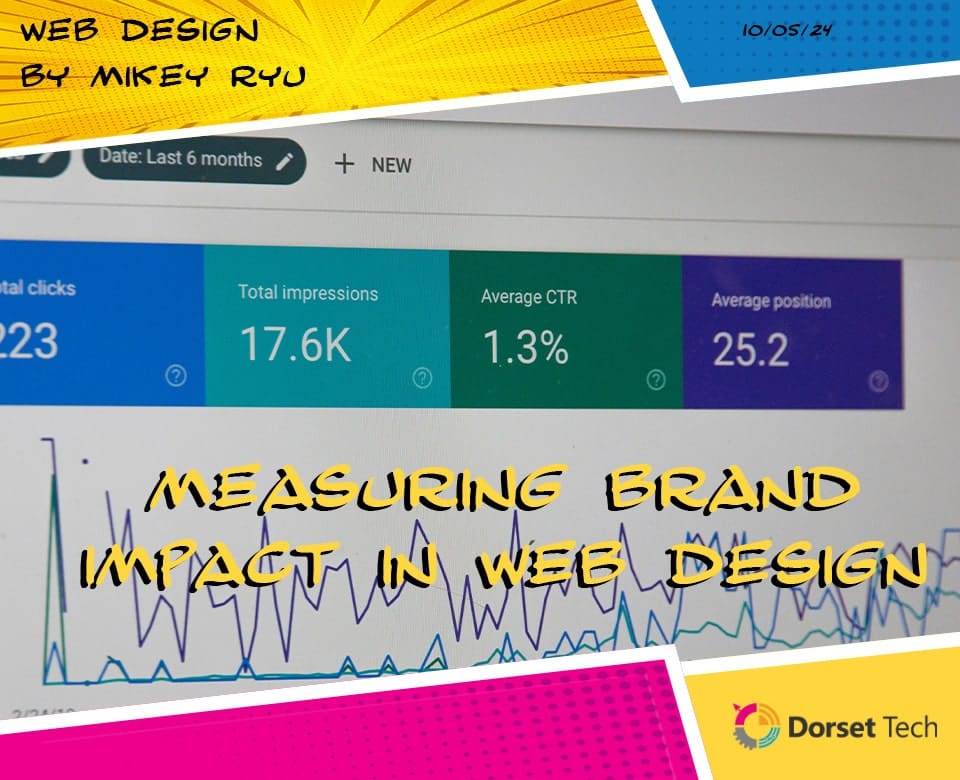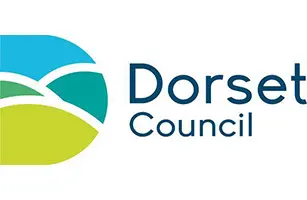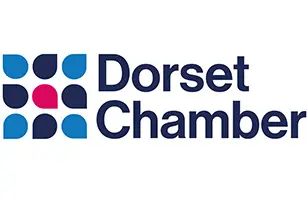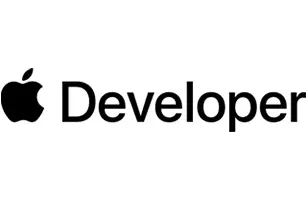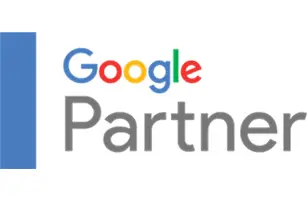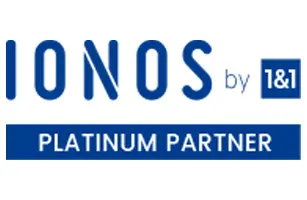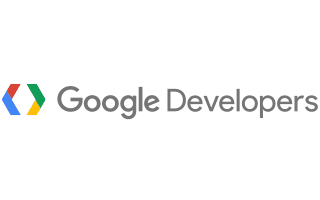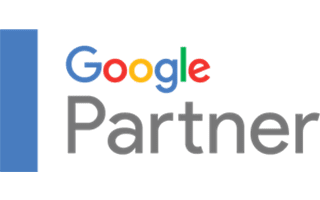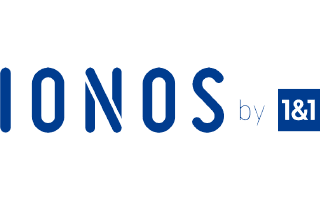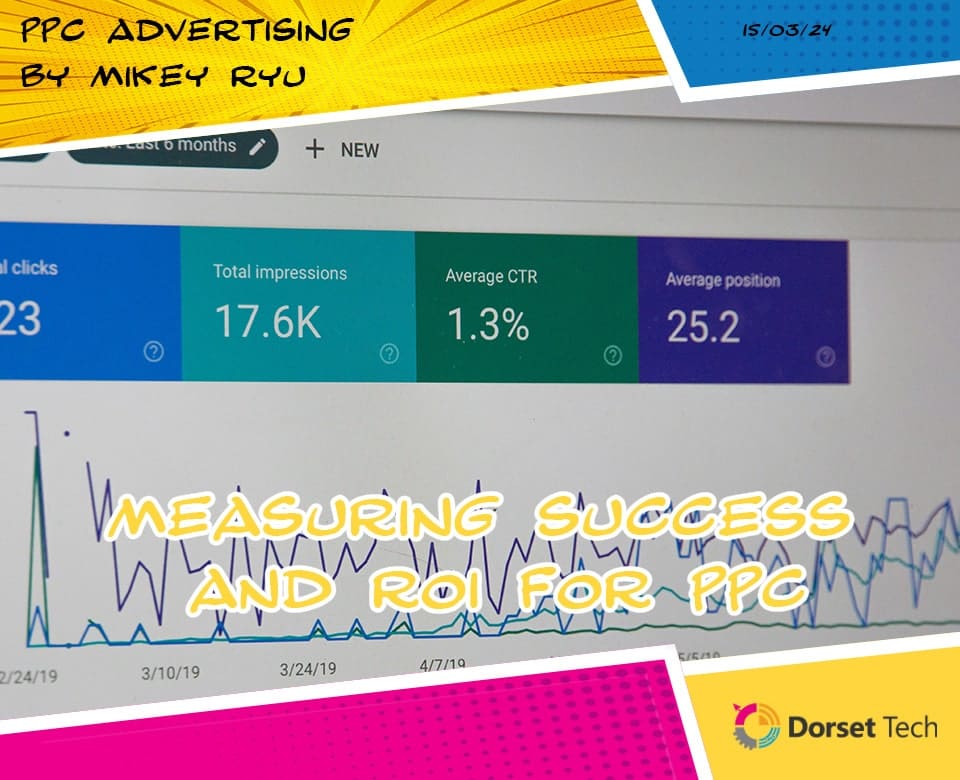
Measuring Success and ROI for PPC
In the realm of digital marketing, Pay-Per-Click (PPC) advertising stands as a cornerstone for businesses aiming to expand their online reach, attract targeted traffic, and achieve measurable results. However, to truly harness the power of PPC and maximise its effectiveness, businesses must not only execute well-crafted campaigns but also diligently measure their performance and return on investment (ROI). In this comprehensive guide, we’ll explore the essential strategies and metrics for measuring success and ROI in PPC advertising.
Understanding Success in PPC Advertising
Before diving into measurement strategies, it’s crucial to define what success means in the context of PPC advertising. While the ultimate goal may vary depending on business objectives, success in PPC typically revolves around achieving specific outcomes such as:
- Increased Website Traffic: Driving qualified traffic to your website or landing pages.
- Lead Generation: Capturing leads through form submissions, sign-ups, or inquiries.
- Sales and Conversions: Generating revenue by driving sales or other desired actions.
- Brand Awareness: Increasing visibility and brand recognition among target audiences.
By establishing clear objectives aligned with business goals, marketers can effectively measure the success of their PPC campaigns and determine their impact on overall performance and ROI.
Key Metrics for Measuring PPC Performance
Measuring the success of PPC campaigns requires a comprehensive understanding of key metrics that indicate performance across various stages of the customer journey. Some essential metrics to track include:
- Click-Through Rate (CTR): The percentage of users who click on your ad after seeing it. A high CTR indicates that your ad is relevant and engaging to your target audience.
- Conversion Rate: The percentage of users who complete a desired action, such as making a purchase or filling out a form, after clicking on your ad. Tracking conversion rate helps assess the effectiveness of your campaigns in driving desired outcomes.
- Cost-Per-Click (CPC): The average amount you pay for each click on your ad. Monitoring CPC helps manage advertising costs and optimise bidding strategies for maximum ROI.
- Cost-Per-Acquisition (CPA): The average cost of acquiring a lead or customer through PPC advertising. Calculated by dividing total campaign costs by the number of conversions, CPA provides insights into the efficiency of your campaigns in driving conversions at a reasonable cost.
- Return on Ad Spend (ROAS): The ratio of revenue generated to advertising spend. ROAS measures the effectiveness of your PPC campaigns in generating revenue and driving profitable outcomes.
- Quality Score: A metric used by search engines to evaluate the relevance and quality of your ads and landing pages. A higher Quality Score can lead to lower CPCs and higher ad positions, ultimately improving campaign performance and ROI.
Implementing Conversion Tracking and Attribution Models
To accurately measure ROI for PPC campaigns, it’s essential to implement conversion tracking and attribution models that capture the full customer journey across multiple touchpoints. Conversion tracking allows marketers to attribute conversions back to specific ad clicks or interactions, providing valuable insights into the effectiveness of different campaigns, keywords, and channels in driving desired outcomes.
Additionally, adopting advanced attribution models such as first-click, last-click, or multi-touch attribution enables marketers to analyse the contribution of each touchpoint along the customer journey to conversion. By understanding how different channels and interactions influence customer behaviour, businesses can optimise their PPC strategies for maximum impact and ROI.
Utilising Analytics and Reporting Tools
Robust analytics and reporting tools play a crucial role in measuring PPC performance and ROI effectively. Platforms like Google Analytics, Google Ads, and third-party PPC management tools provide comprehensive dashboards and reports that allow marketers to track key metrics, analyse campaign performance, and identify areas for improvement.
By leveraging these tools, marketers can gain actionable insights into campaign performance, audience behaviour, and conversion trends, enabling them to make data-driven decisions and optimise their PPC strategies for better results.
Setting Realistic Goals and Iterating Strategies
Measuring success and ROI for PPC campaigns is an ongoing process that requires continuous monitoring, analysis, and optimisation. It’s essential to set realistic goals and benchmarks based on historical data, industry benchmarks, and business objectives.
Once goals are established, marketers should regularly evaluate campaign performance, identify areas of underperformance or inefficiency, and iterate strategies to improve results. Whether it’s adjusting bidding strategies, refining ad copy, or targeting different audience segments, a proactive approach to optimisation is essential for maximising ROI and driving sustainable success in PPC advertising.
Conclusion
In conclusion, measuring success and ROI for PPC campaigns is essential for businesses looking to maximise the impact of their digital marketing efforts. By defining clear objectives, tracking key metrics, implementing conversion tracking and attribution models, utilising analytics and reporting tools, and iterating strategies based on performance insights, marketers can effectively measure the success of their PPC campaigns and drive measurable results.
Ultimately, success in PPC advertising hinges on a combination of strategic planning, data-driven decision-making, and continuous optimisation. By adopting a proactive approach to measurement and optimisation, businesses can unlock the full potential of PPC advertising and achieve their desired outcomes in the competitive digital landscape.



